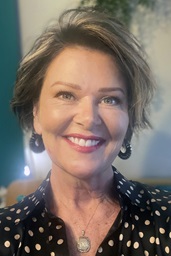Most of the trial’s first afternoon was devoted to selection of the 13 ordained
Wisconsin elders and two alternates to serve as the trial court, or jury.
The district superintendents of the Wisconsin Annual (regional) Conferencenominated 46 clergy members to the jury with special consideration for diversityin terms of race, ethnicity and gender.
The presiding officer, Bishop Clay Foster Lee Jr., asked all potential jurorswhether any prejudice, bias or opinion would prevent them from fairly applyingthe law in this case.
Fifteen prospective jurors expressed reservations.
“I don’t know how one fairly applies an unfair law,” one said.
Another announced strong support for the denomination’s stand on homosexuality.
In consultation with the counsels from each side, Lee dismissed prospective jurors who expressed strong opinions one way or the other on the Book of Discipline’s wording. Ultimately, the presiding officer and counsel whittled down the 46 nominees to the required 13 with two alternates, who also will observe the full proceedings.
One difference between civil and church proceedings, Lee pointed out, is that the Book of Discipline says no oaths are required in church proceedings. Instead, the clergy covenant and the integrity of church membership binds witnesses and members of the trial court to the truth. Each trial session also opens with prayer for God’s guidance.
United Methodist News Servicereporter Heather Hahn and photographer Mike DuBose are covering the trial and will post coverage here as well as on theUMNS Facebookpage andFlickr.
Like what you're reading? Support the ministry of UM News! Your support ensures the latest denominational news, dynamic stories and informative articles will continue to connect our global community. Make a tax-deductible donation at ResourceUMC.org/GiveUMCom.



